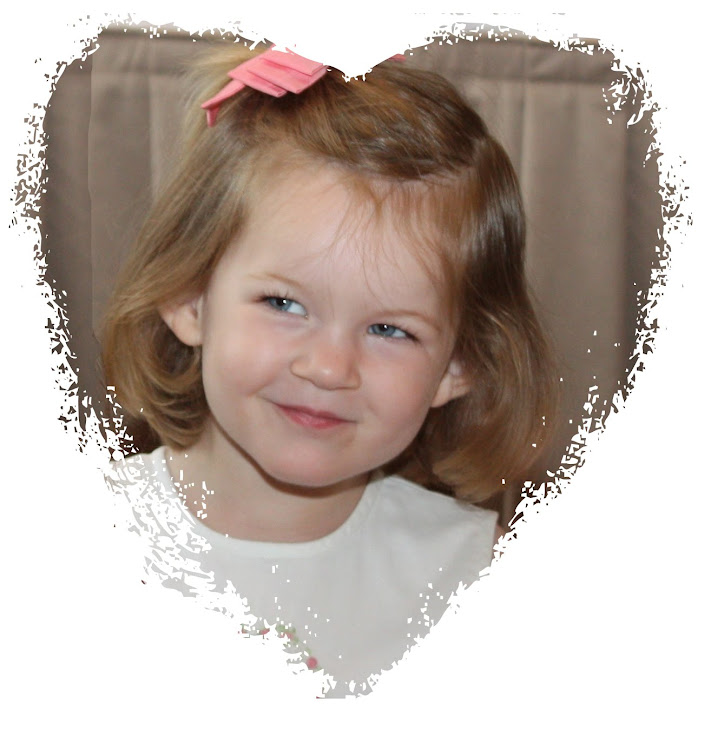Lilly is coming with us, and our first appointment is at 11 am for another echocardiogram to confirm the findings of the other two. We will have the opportunity of touring the facility with one of their child life specialists and at 1:45 we will meet with Dr. Fraser.
Dr. Charles Fraser received a bachelor’s degree with honors in mathematics from The University of Texas at Austin in 1980 and was a member of the Southwest Conference Champion varsity tennis team in 1977. He received his medical degree in 1984 from The University of Texas Medical Branch in Galveston, where he was elected into the Alpha Omega Alpha medical honor society. His postgraduate residency education was at The Johns Hopkins Hospital in Baltimore, Maryland, where he specialized in general, cardiothoracic and thoracic transplant surgery.
Dr. Fraser completed fellowships in pediatric cardiac surgery at The Royal Children’s Hospital in Melbourne, Australia, cardiac transplant research at The Johns Hopkins Hospital and cardiovascular surgery at the Texas Heart Institute in Houston, Texas. After joining the faculty at the Cleveland Clinic Foundation, he was recruited to Baylor College of Medicine and Texas Children’s Hospital in 1995 to establish a new, focused congenital heart surgery unit. Since that time, he and his team have performed over 10,000 congenital cardiac repairs and related surgeries in children and adults.
Dr. Fraser maintains an active research program with specific interests in congenital heart surgical outcomes, transplantation, mechanical circulatory support, brain protection, and bioengineering. Dr. Fraser has contributed over 150 journal articles, chapters and textbooks to the medical literature and made more than 140 presentations to professional audiences. Dr. Fraser and his wife, Helen, have been blessed by 26 years of marriage and have four children: Laura, Charlie, Gracie and Will.We already know that they will recommend surgical repair of her VSD, so we aren't looking for a traditional second opinion. Texas Children's has an international reputation for excellence in Pediatric Cardiovascular Surgery, and we want to understand the benefits for taking Lilly to a Center of Excellence. We are looking forward to seeing the facility for ourselves, and meeting team-members face to face.
The advantages of taking Lilly to a larger center include:
- Higher volume of cases means more experience for not only the surgeon but also the rest of the team that will be caring for Lilly, including the nurses, perfusionists, respiratory therapists, anesthesiologists. That can translate into faster response to complications and better outcomes.
- The possibility that we will be "just a number," and not recieve the same personalized attention we would closer to home
- We'll be stuck in Houston for at least a week after hospital discharge, until Lilly gets clearance to travel. That means we will be away from everything familiar while she is feeling her worst.
I think we will be choosing between two good options, and I hope our choice will be clear after our consultation.





